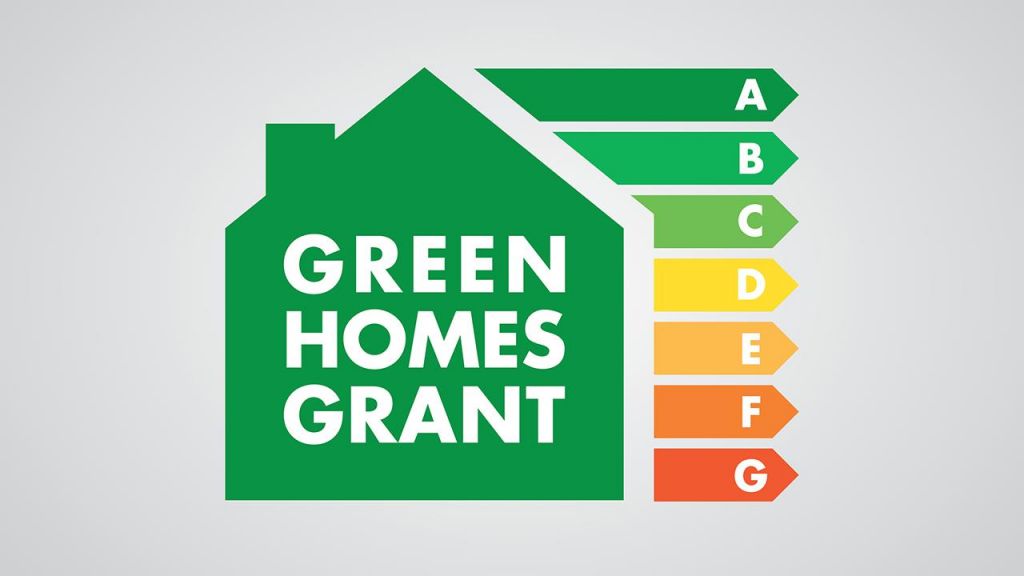Why Energy Saving Matters
Your everyday energy choices affect more than just your bills—they shape the planet’s future. Saving energy means using less electricity, gas, or fuel to do the same tasks. It helps reduce pollution, protect resources, and slow down climate change. In this article, you’ll learn how simple changes in your habits can have a lasting impact on the environment.
Lower Greenhouse Gas Emissions
Most electricity still comes from burning fossil fuels. That process releases carbon dioxide (CO₂), a gas that traps heat in our atmosphere. When you use less energy, power plants burn less fuel, and fewer emissions are released.
Simple actions like turning off unused lights, choosing energy-efficient appliances, or driving less can make a big difference. The less CO₂ in the air, the slower our planet warms.
Reduced Air and Water Pollution
Power plants don’t just emit CO₂—they also release pollutants that make the air dirty and harm water sources. Sulfur dioxide and nitrogen oxides contribute to smog and acid rain.
When you save energy, you help reduce the need for power generation. That means cleaner air to breathe and fewer chemicals entering rivers and lakes. Better energy use leads to a healthier planet.
Conserves Natural Resources
Fossil fuels like coal, oil, and natural gas are limited. Extracting and burning them damages the earth and adds pollution.
By using less energy, you help extend the life of these resources. It also makes it easier to shift to cleaner energy sources like solar and wind, which don’t run out or pollute.
Supports Ecosystem Health
Producing energy often means disturbing land and nature. Dams, mining, and drilling can destroy animal habitats and affect entire ecosystems.
When energy demand drops, so does the pressure to expand these projects. That protects wildlife and keeps ecosystems balanced and thriving.
Enhances Climate Resilience
Climate change brings stronger storms, heatwaves, and rising seas. Reducing energy use helps limit the emissions that cause these problems.
Communities that use less energy also handle climate stress better. Energy-efficient buildings stay cooler, waste less water, and rely less on unstable power systems.
Make the Biggest Environmental Impact by Optimizing Your Energy Use
If you want to make a real difference, the best thing you can do is optimize your energy use. One of the most effective ways to do this is by getting help from professional energy advisors.
These experts don’t just give general tips—they look at your home or business and find out exactly where energy is being wasted. They’ll help you create a plan that actually works for your space, your habits, and your goals.
With their help, you can:
- Cut down your energy bills
- Use less power without sacrificing comfort
- Reduce your carbon footprint in a measurable way
In Canada—especially in British Columbia—you can also benefit from government rebates that make these upgrades more affordable. Programs like Canada Greener Homes Grant and CleanBC Better Homes rebates offer financial support for energy assessments, insulation, heat pumps, and other improvements.
It’s a simple step with a big impact. By working with an energy advisor and tapping into available rebates, you’re not guessing—you’re making smart, informed changes that protect the environment and help you live more efficiently.
Your Role in a Greener Future
You don’t need to make huge sacrifices to protect the planet. Small changes—like turning off electronics, sealing windows, or switching to LED lights—add up over time.
By saving energy, you’re not just lowering bills. You’re helping the environment, reducing pollution, and building a more sustainable future for everyone.





